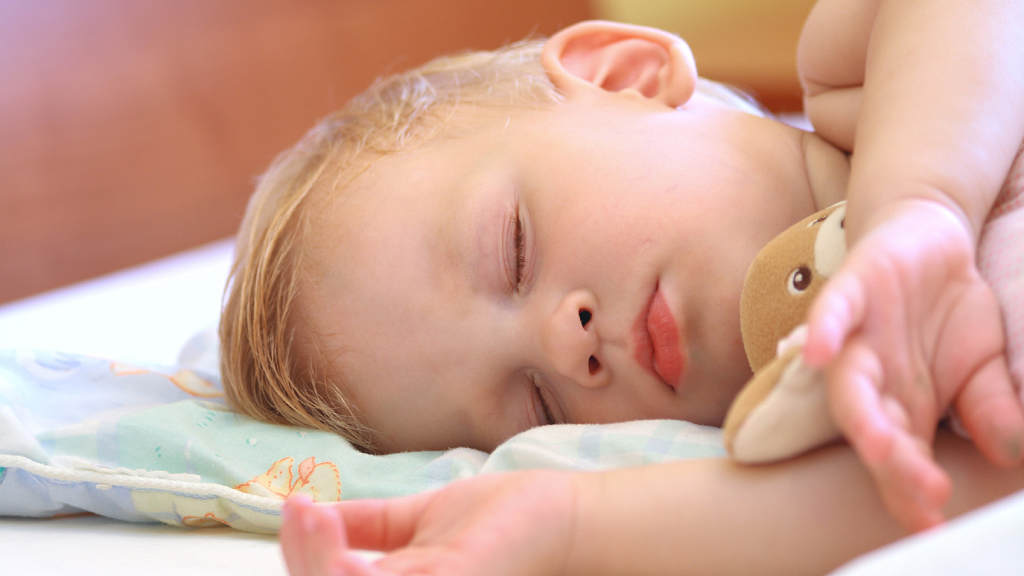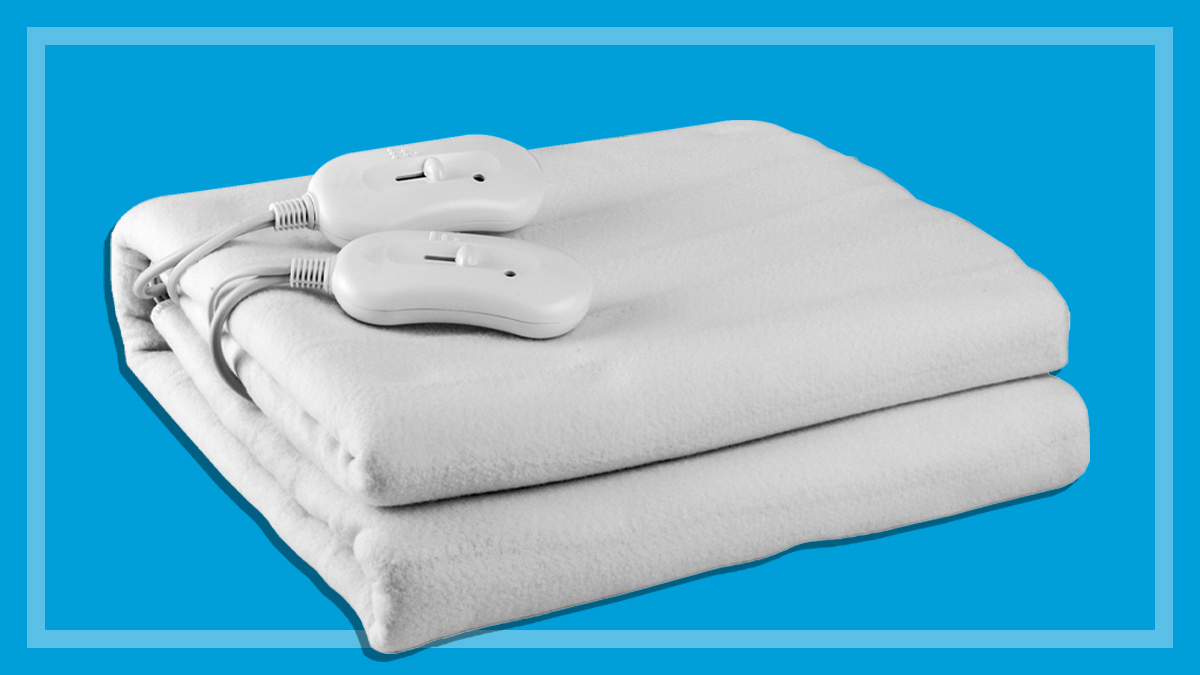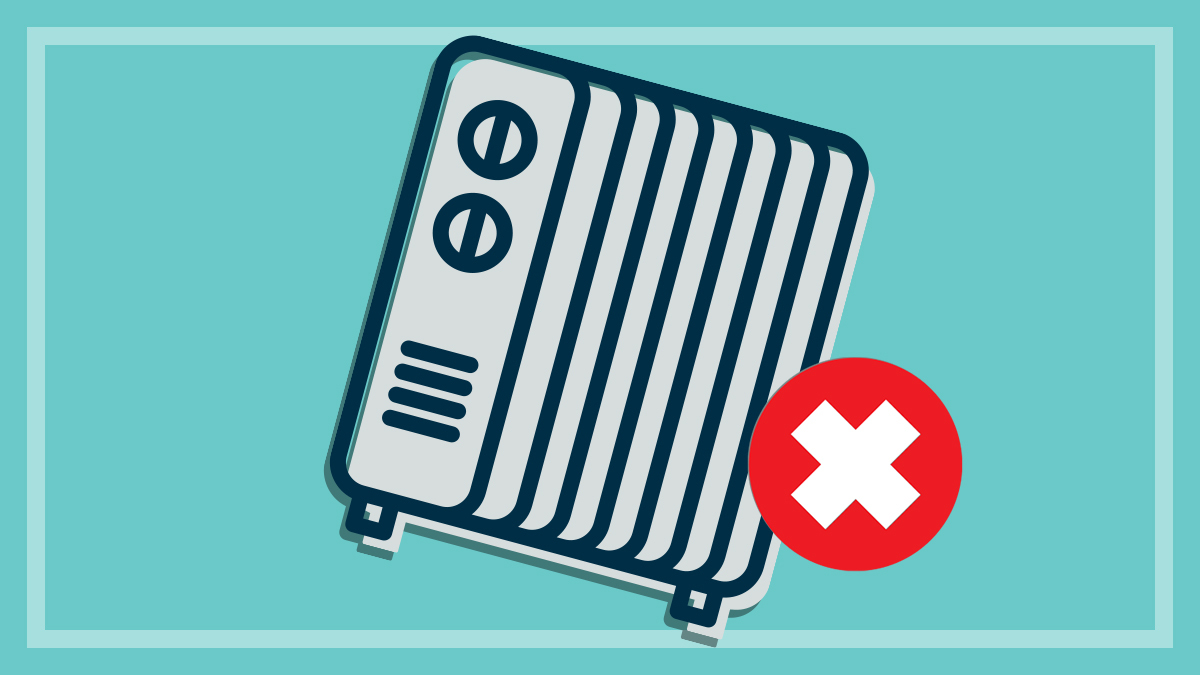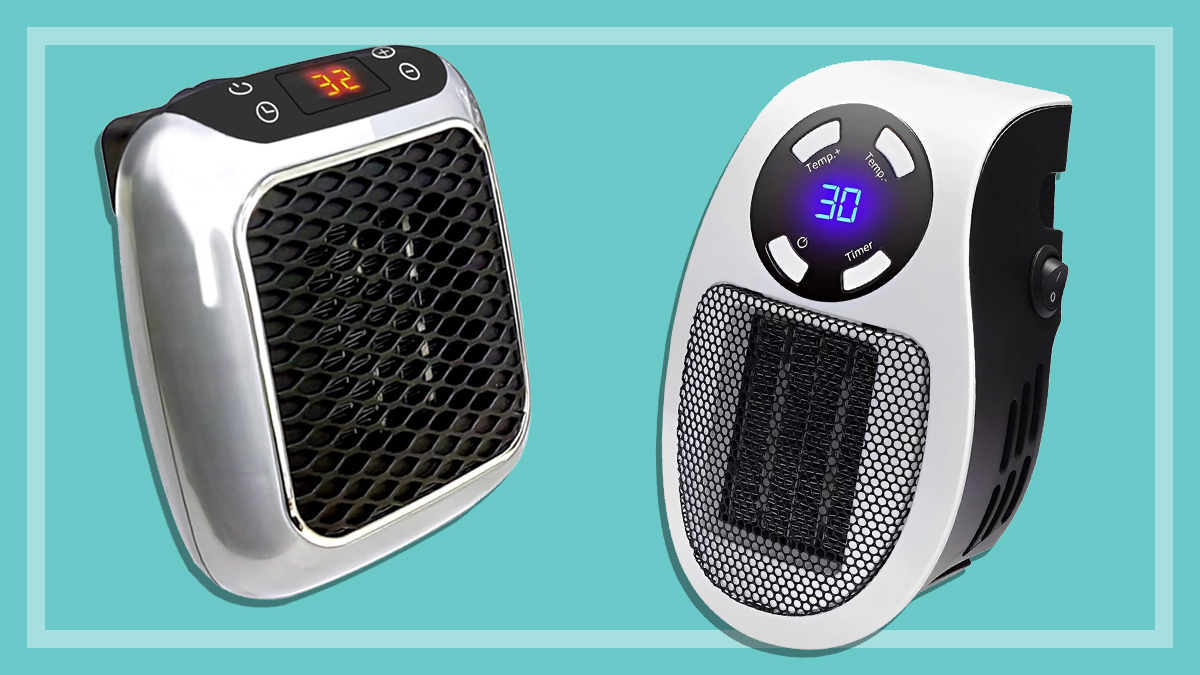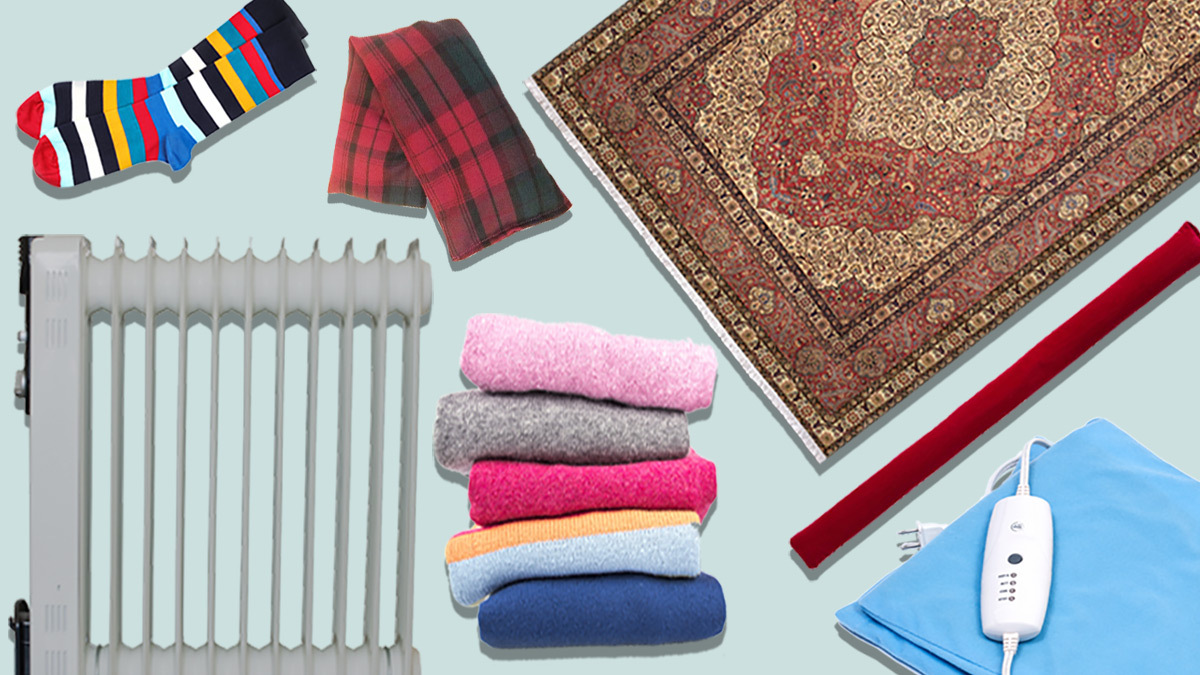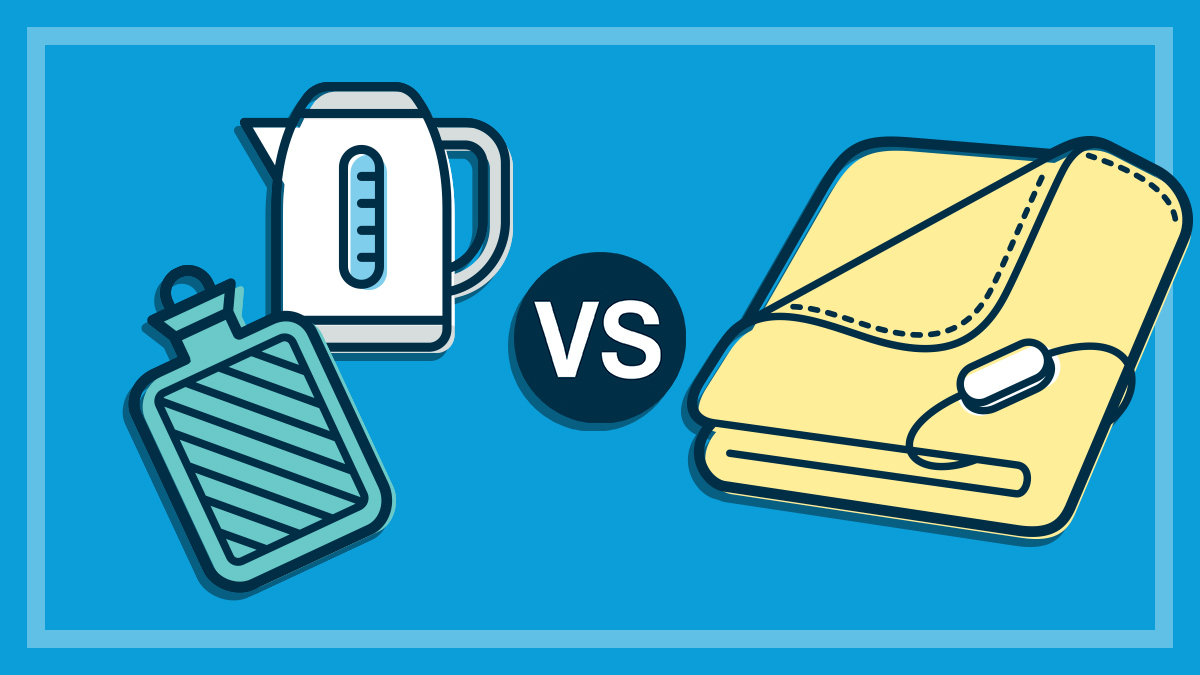Wheat bag danger warning, and a new voluntary standard
14 June 2016 | Wheat bags pose a potentially deadly threat to consumers if not used correctly.
Last updated: 14 Jun 2016
Wheat bags, which have ignited and caused house fires when heated, now have an applicable voluntary standard, introduced by Standards Australia in conjunction with NSW Fair Trading.
The development of the standard was prompted by the death of an elderly woman in 2011 which occurred when the wheat bag she had placed in her bed ignited and caused her house to catch alight.
House fires
That particular house fire was not an isolated incident. NSW Fire and Rescue Commissioner Greg Mullins says: “We have responded to numerous residential fires due to wheat bags being heated for too long in the microwave, or being used inappropriately to warm bedding materials.”
Wheat bags may be seen as a cheap and convenient winter warmer, but they’re not designed to warm bedding as the blankets trap the heat in the wheat bag, which can cause it to spontaneously ignite.
“Worryingly, there is a new trend of wheat bags in plush toys, and these are frequently being used to keep children warm in their beds,” says Commissioner Mullins.
Overheating can cause burns
Overheating wheat bags in the microwave can also cause burns to the skin upon contact. Since 2012, the NSW Burn Units have treated 27 patients, including small children, who have been burnt as a result of heat packs. Siobhan Connolly from the ACI Statewide Burn Injury Service says “almost half of these required surgery and long-term scar management”.
CHOICE tests heat packs
We investigated the dangers of wheat bags back in June 2013 and found they only needed a few minutes in the microwave before posing a potentially deadly threat to consumers.
We conducted two tests.
- In the first test, a typical wheat bag was heated for just two minutes (at full power in an 1100W microwave oven). The outer material was a comfortably warm 50–55°C, but the internal temperature reached well over 70°C. Even higher temperatures were measured after another minute of heating.
- In the second test – a more extreme test, designed to highlight the danger wheat bags pose if misused – we heated a wheat bag designed to go inside a polyester toy animal as a warmer for children. Going against the supplied instructions, it was microwaved with the toy animal covering still on for more than the recommended time. After a few minutes the wheat bag was steaming hot, and after seven minutes it began to smoulder. The microwave was stopped after eight minutes because of intense and noxious smoke. The toy measured over 200°C.
Code covers range of products
The new voluntary standard will apply to products such as bags, pillows, children’s products and similar products which contain organic materials such as wheat, rice, legumes or herbs. The standard will address the design, construction, performance and labelling of microwaveable heat packs.
While the standard is only voluntary, NSW Fair Trading has said consumers who purchase products which adhere to the standard can have more confidence that the product won’t cause a contact burn or catch fire when used correctly.
Tips for heating a wheat bag
- Don’t microwave for longer than specified by the manufacturer’s instructions.
- Never wrap or cover a wheat bag.
- Avoid products that contain wrapped wheat bags, for example cuddly soft toys containing a compartment for wheat bags.
- To heat a bed, use a hot water bottle or electric blanket instead of a wheat bag. Wheat bags should only be used for the direct application to body aches and pains.
- If you notice a burning smell coming from the bag, let it cool and then dispose of it.
- Fragrant oils added to the wheat bag may increase the fire risk.
- The organic filling dries out with age and becomes more combustible so check your heat bag for signs of age and scorching regularly.
- CHOICE recommends against the use of wheat bags by children.
Related

